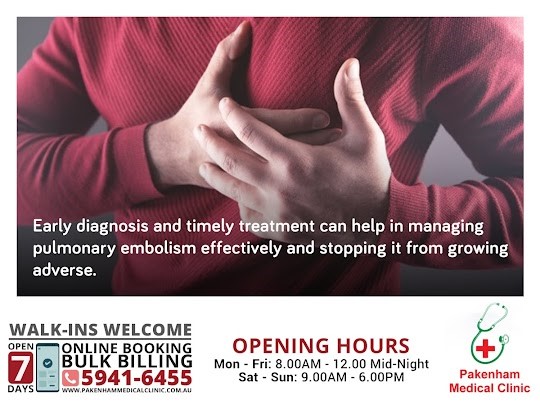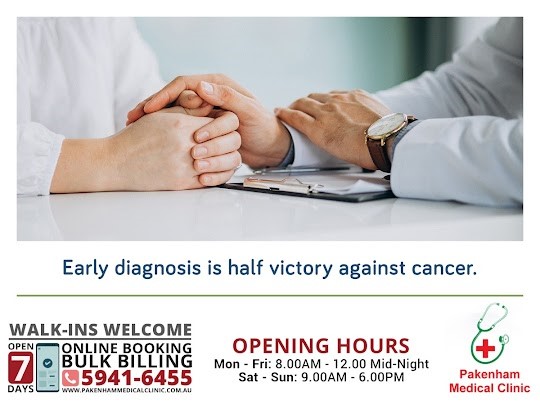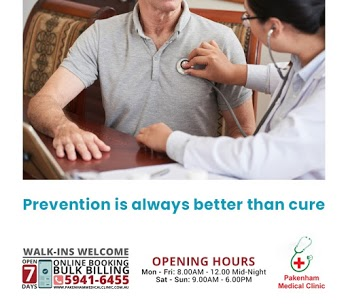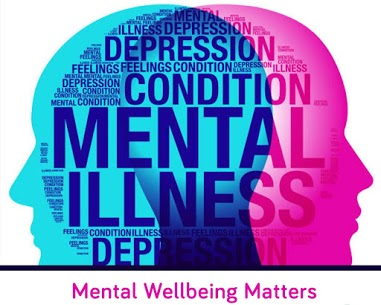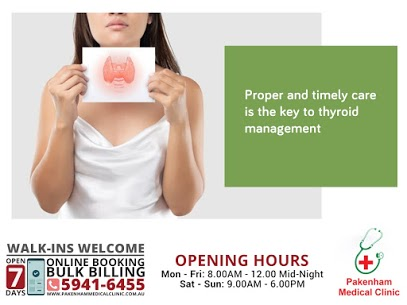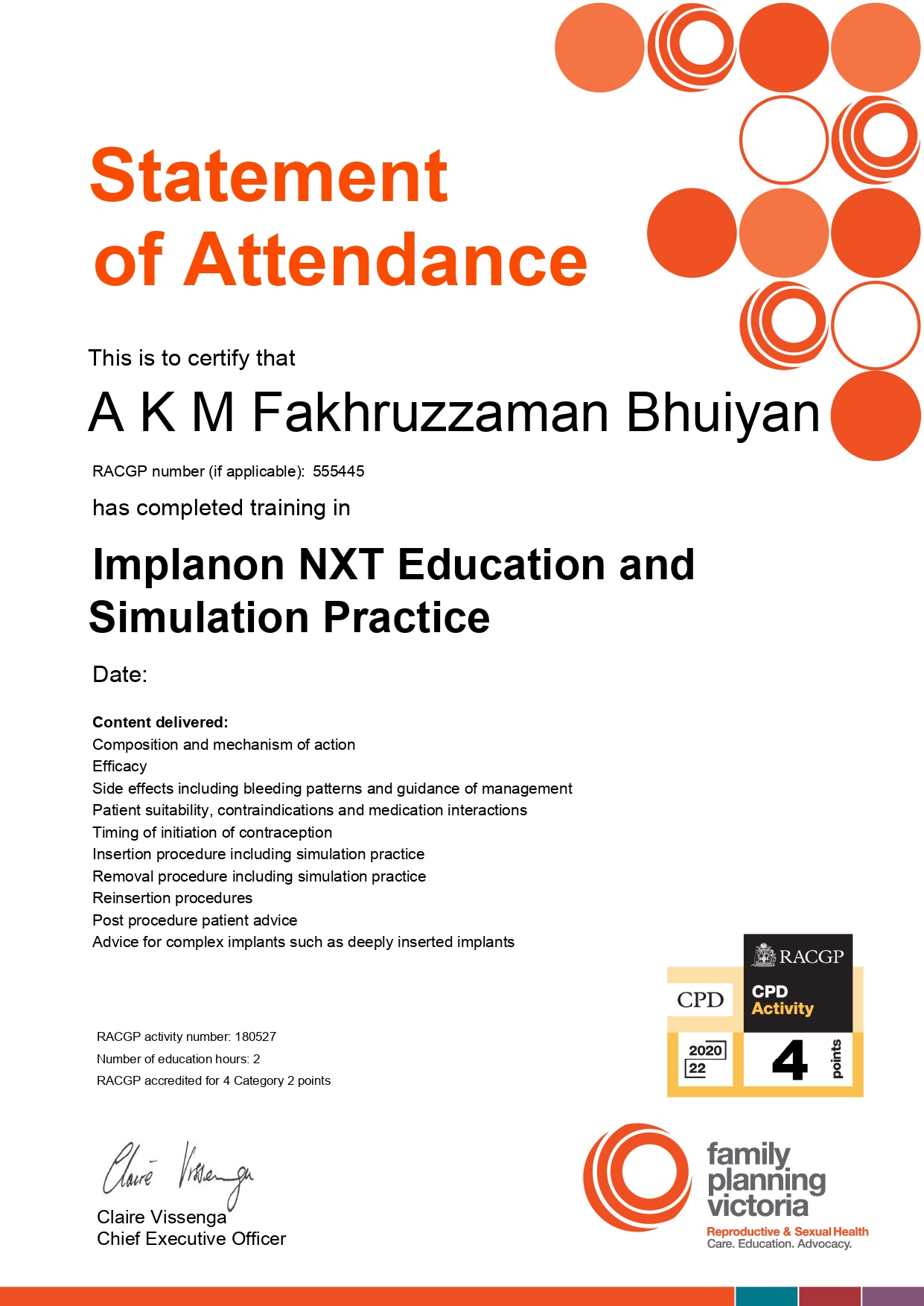Mother’s Day is one of the most popular holidays in Australia, and there are many ways to celebrate and go beyond.
Spoil your mother on this mother’s day and show her how much you think about her and her life: Every mother deserves to be given extra care & love specially on Mother’s Day. Whichever way you acknowledge your mother or that special woman in your life, what could be a better way to mark her special day than by showing her your support and efforts to improve her health.
ALL HEALTHY WOMEN GET THEIR HEALTH CHECK DURING DIFFERENT STAGES OF THEIR LIFE (Here’s What Every Woman Needs in Her 20s, 30s, 40s, and 50s):
In the 20s and 30s
When women are young and active, living the best of their life, getting health checks during their 20s and 30s is nothing but to ensure they safeguard their health. Here are some tests women should definitely consider:
Sexual Health: If you are active sexually in your life it’s better to test for chlamydia through a urine test once in a year. The disease can affect your fertility and also doesn’t display any symptoms which is why it’s necessary to prioritise this at the time of regular health check-ups.
A screening for STI should also be conducted whenever you start a new relationship or when changing your sexual partners.
Cervical Health: The pap smears maybe out but the cervical screening test is in. This screening is recommended for those under 25 and it should be done every five years, that is if the results come out normal. You should do your very first cervical screening two years after your previous diagnostic test.
Reproductive Health: If you plan to give birth, make sure you chat with your GP about some potential issues that could arise. The tests you could be told may include urine and blood tests along with ultrasound scans.
Heart Health: A doctor’s appointment should be taken to test pressure levels every two years if the levels are normal. However, if women are feeling they are on a higher side or if there is a case history considering high force on per unit area as well as cholesterol or stroke, then there is a need for frequent checks together with the GP.
Mental Health: If there are any symptoms like immense anxiety, sadness, or irritability as well as some change in eating or sleeping habits for a while there is a need to get consulted with a GP for a mental state plan.
Eyes and Teeth: If you feel the need, it’s advisable to get a regular check-up at your local doctor or a GP at Pakenham Medical Clinic or an optometrist
In the 40s
As you age it’s most likely that the metabolism will slow and weight gain will become usual as well as harder to change. This is also the time to ideally mark some changes in your cycle as well as heart health along with risk for cancer. Here is an additional list to get checked for:
Heart Health: The Australian Heart Foundation suggests that people take heart medical examinations at the age of 45 (35 for those that belong to the Aboriginal and strait Islander group).
The doctor will check the pressure as well as cholesterol levels. You will also be asked about the lifestyle you lead and any case history to examine your current risk of heart failure or stroke.
Diabetes: Almost everyone needs to get screened for the risk of diabetes by the time they reach 40 years old. The GPs at Pakenham Medical Clinic use a special questionnaire to achieve this. A web version can also be found at the Diabetes Australia website.
Breast Health: In case of any abnormalities associated with breast health such as disorders, discomfort, redness, or any dimpling make sure you see to it that you visit your doctor and undergo a series of monthly self-exams.
Eye Health: For eye health, it’s better to visit a local optometrist to get a glaucoma check.
In the 50s
In the 50s, women are most likely to experience the effects of menopause, affecting the bone density to a certain extent. Some other crucial health checks to undergo may include cancer screening, mammograms and a series of urine tests for evaluating kidney health. A cervical screening every five years should also not be underlooked.
Breast Health: For women aged between 50 to 74 years and who do not have any case or personal history of carcinoma should get mammogram screening every two years. However, if there is a private or case history regarding carcinoma, an alternative screening timeline could be suggested by the doctor.
Bone Density: As the body rewinds the oestrogen production a decrease in bone density is expected. Your GP can let you know if you need to undergo a test for bone density such as DEXA scan.
Kidney Health: Regarding kidney health, it’s better to consult the doctor regarding blood or urine test.
Heart Health: Rather than undergoing tests every two years, the regular tests for force per unit area and cholesterol must be done every year.
Bowel Cancer: As women reach 50, it’s suggested to take faecal occult biopsy (FOBT) following every two years in order to get screened for bowel cancer. There is a National Bowel Cancer Screening Program that dispatches free at-home kits for those over 50 in the post. In case you don’t get it, you can discuss with your doctor or pharmacist.
Eyes and Teeth: The check-ups for eyes and teeth should be increased and done every six months each.
For patients that live close to Pakenham or surrounding areas can visit for a health check-up:
Berwick South, Cranbourne, Pakenham Upper & South, Clyde, Clyde North, Trafalgar, Mount Baw Baw, Nar Nar Goon North, Officer South, Longwarry, Warragul North, Drouin, Drouin West, Narre Warren South & North, Koo Wee Rup, Officer, Berwick, Beaconsfield Upper, Cranbourne East, North, South & West, Doveton, Hallam, Hampton Park, Endeavour Hills, Lynbrook, Lyndhurst.
For online appointments, you can feel free to call us at our Pakenham Medical Clinic. We do bulk billing and are open every day including till late night.
